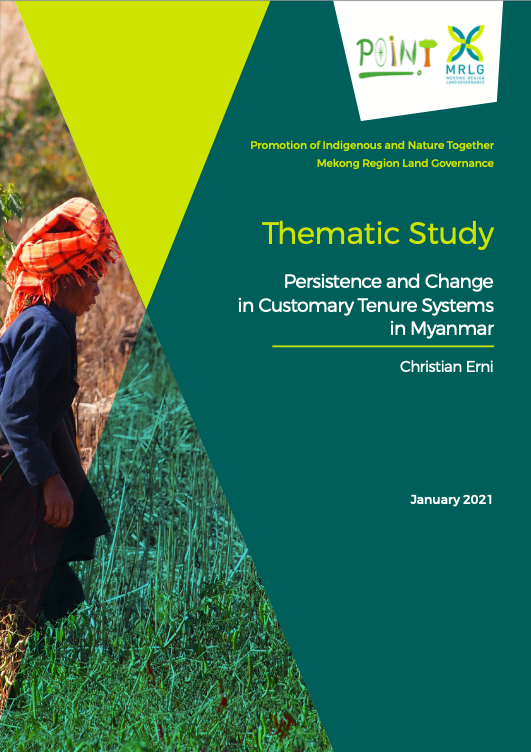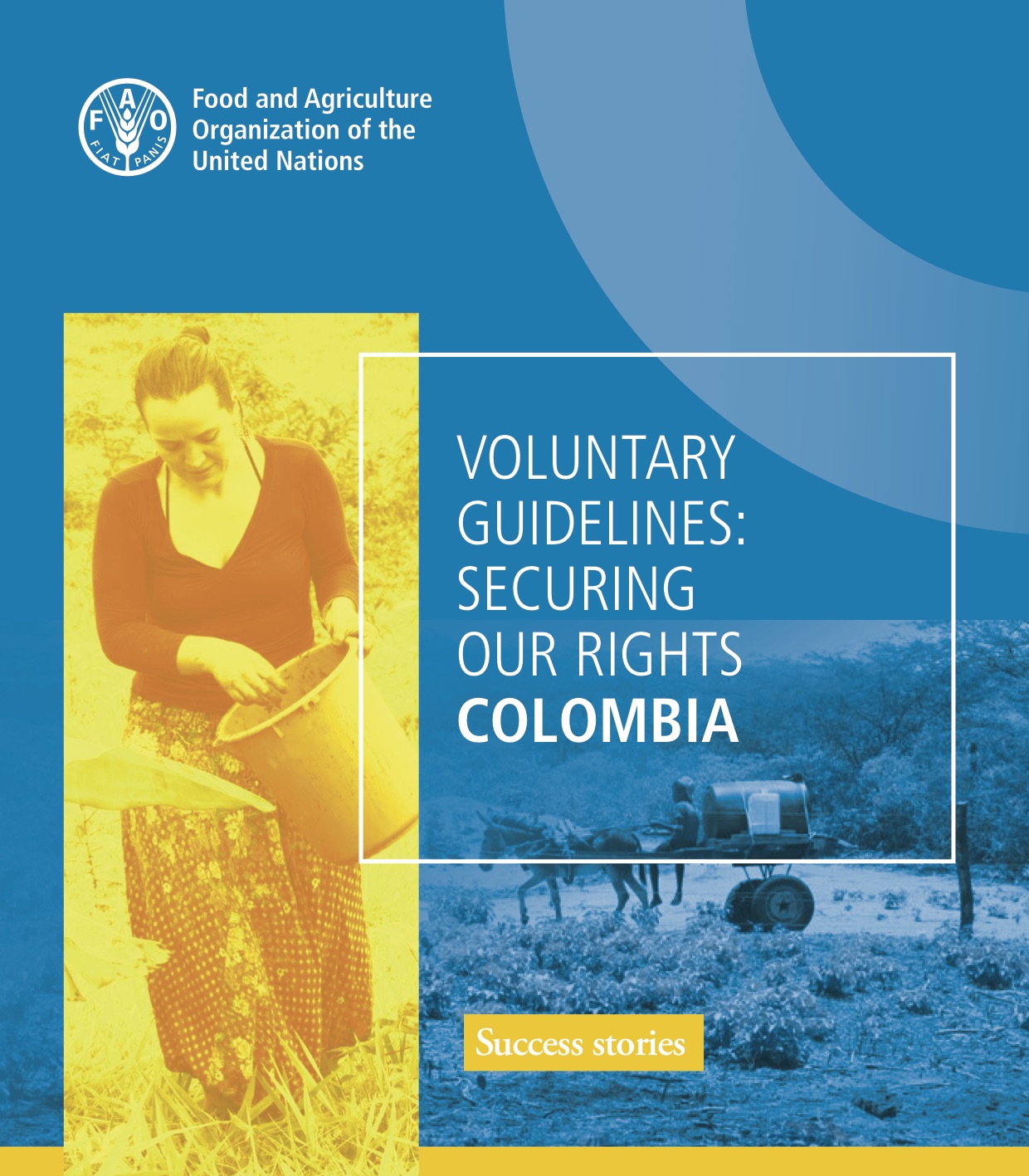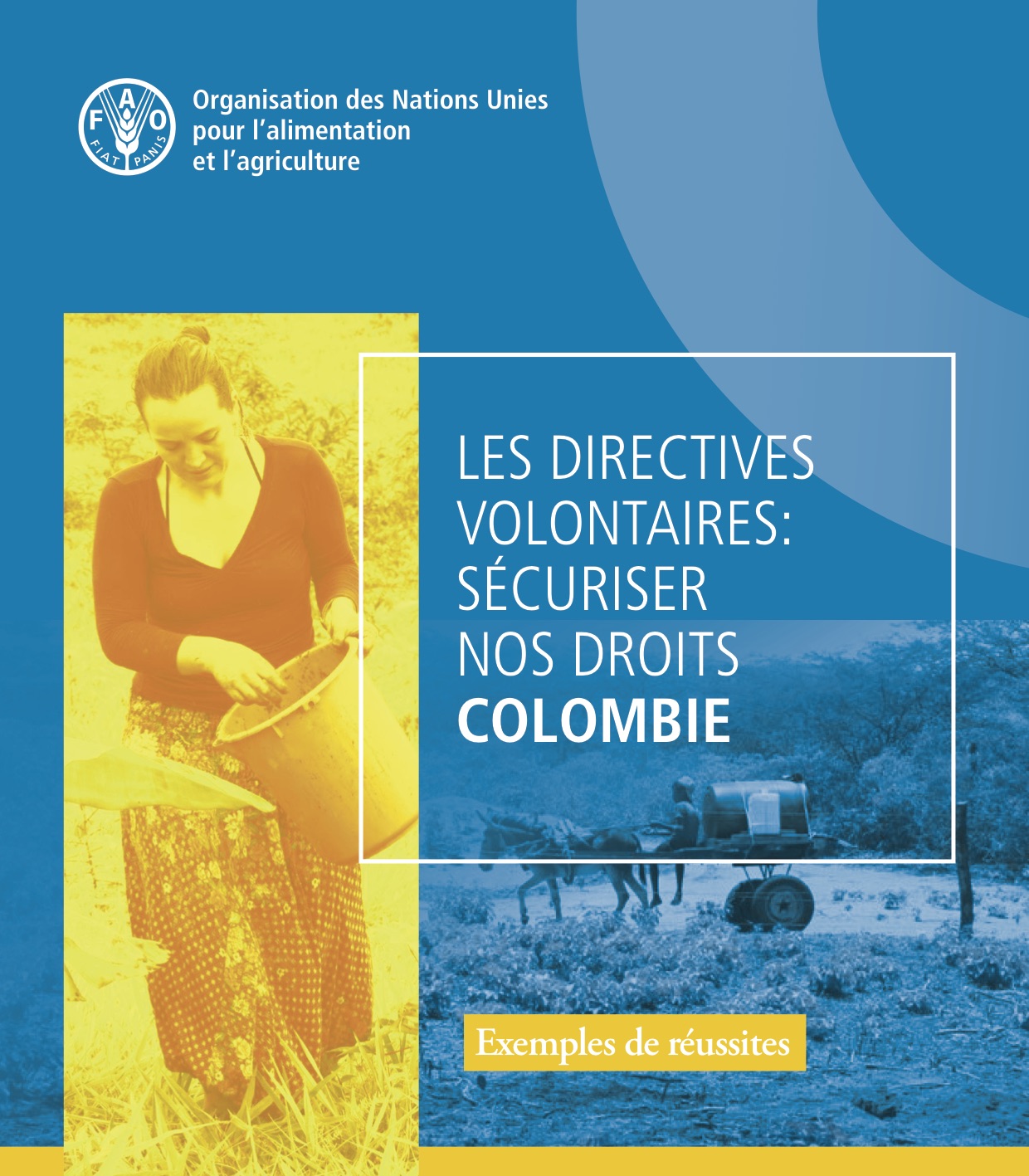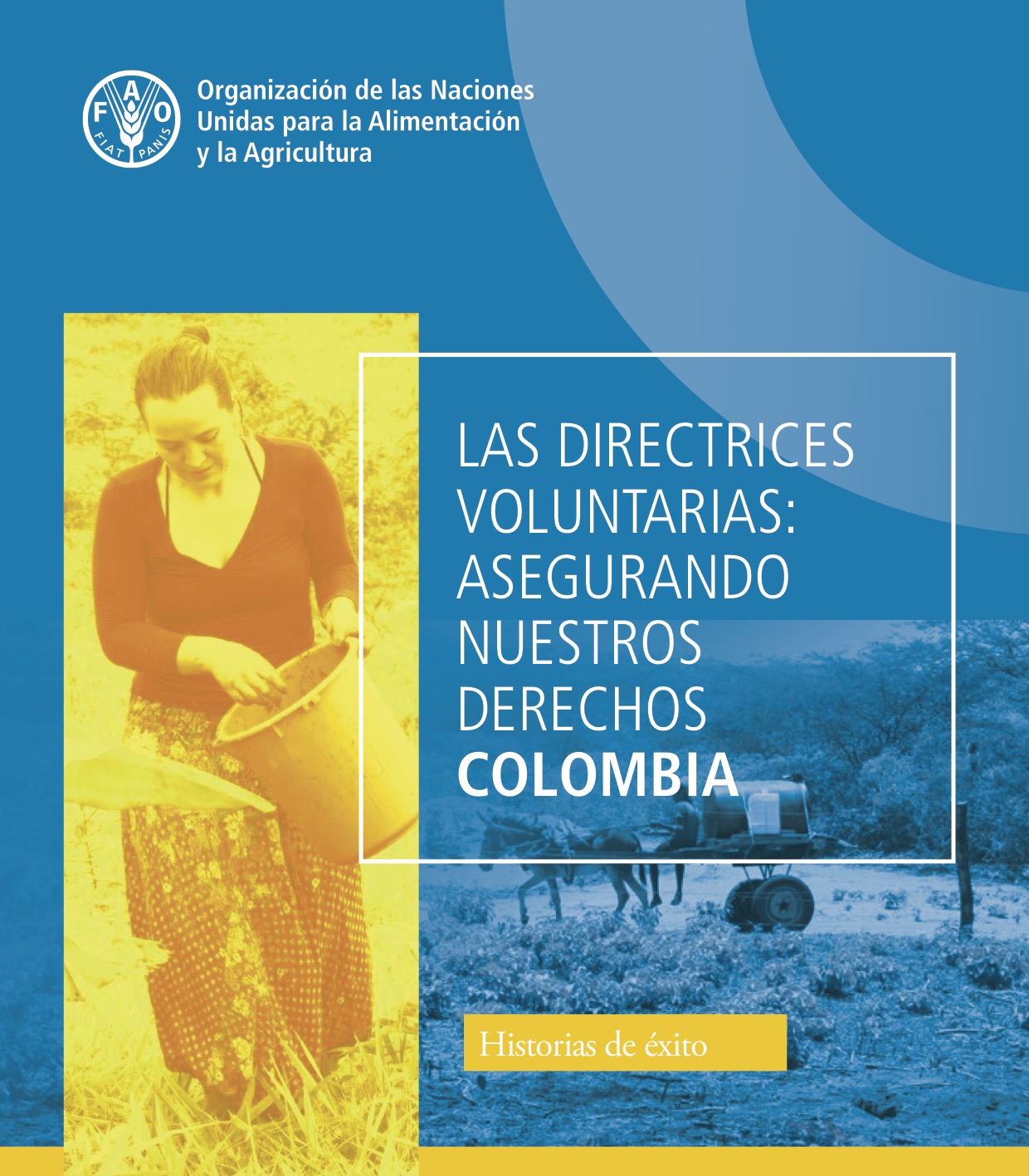Framework for Climate Change Adaptation of Agriculture and Forestry in Mediterranean Climate Regions
Planning the adaptation of agriculture and forestry landscapes to climate change remains challenging due to the need for integrating substantial amounts of information. This information ranges from climate scenarios, geographical site information, socio-economic data and several possible adaptation measures. Thus, there is an urgent need to have a framework that is capable of organizing adaptation strategies and measures in the agriculture and forestry sectors in Mediterranean climatic regions.






